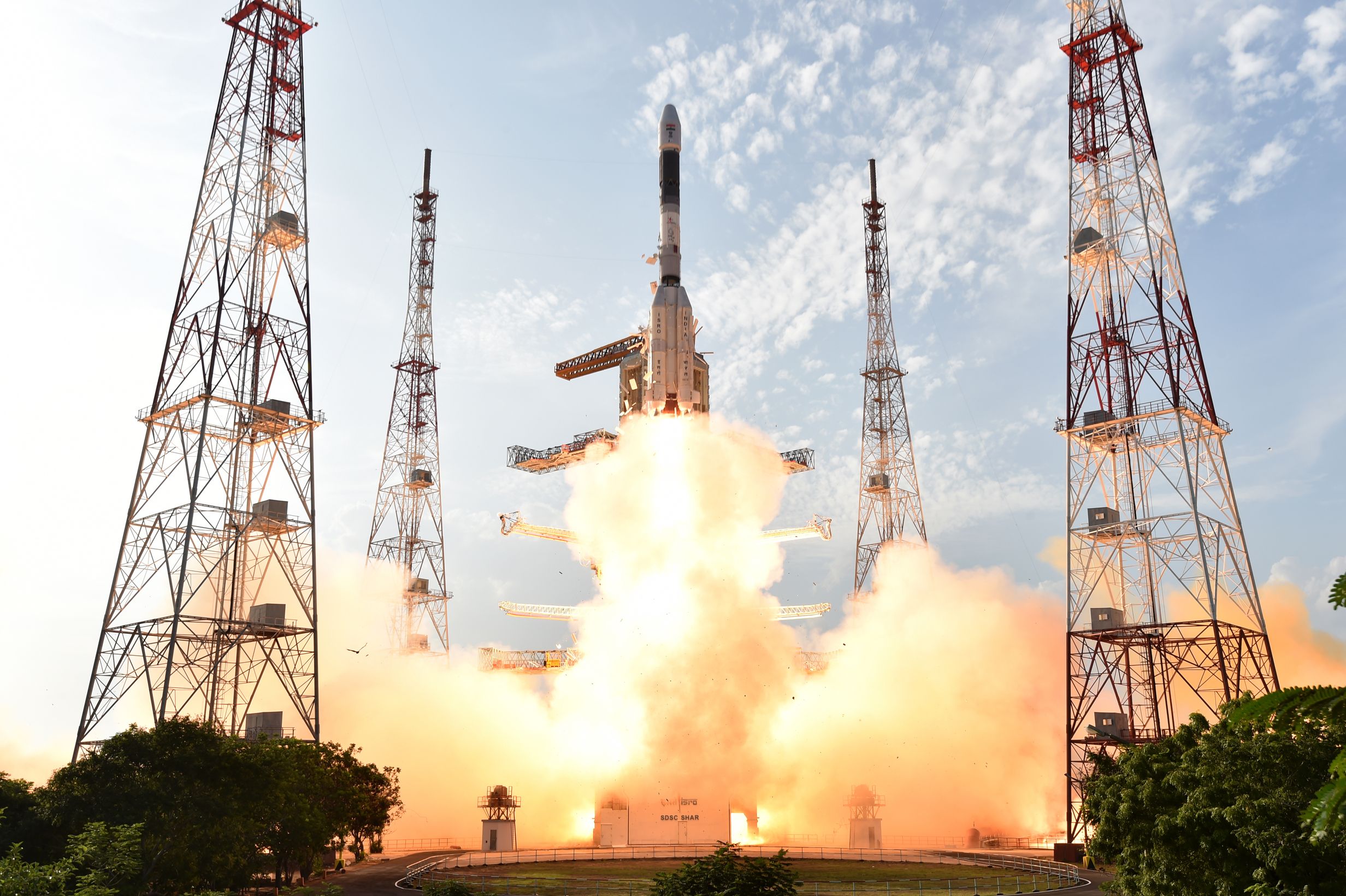To overcome the oxygen shortage crisis in the country amid the second wave of COVID-19 infections, the Indian government has roped in the Indian Space Research Organization (ISRO).
The Vikram Sarabhai Space Centre (VSSC) at Thumba under ISRO, in May 2020, had come up with three different ventilator models, of which two are undergoing tests. According to Mint, ISRO also procures oxygen from industry for its cryogenic engines which use liquid hydrogen and liquid oxygen as fuel. The Centre has reached out to ISRO for help with solving the current crisis of oxygen shortage, as lack of medical oxygen is leading to fatalities at hospitals.
A senior scientist at VSSC told Mint that they started working in the ventilators last year when the COVID-19 pandemic hit the country. “But later on, the work on the ventilators slowed because the COVID-19 cases started falling. Our ventilator machines are undergoing clinical trials which may take some time,” he explained. “But in the current scenario we will expedite trials for making these machines available as soon as possible.”
A senior official in the department of space said the Union Government has reached out to the Indian Space Research Organization to help in combating the ongoing second wave of COVID-19 pandemic. “The biggest problem currently is the shortage of oxygen, which is more an issue of logistics. ISRO itself procures oxygen from the industry whenever it needs. We are trying to figure out how we can help the central government in this area.”
Moreover, the ISRO is providing geospatial tools and location-based solutions, including a national level coronavirus tracker, to help fight the pandemic. The ISRO’s National Remote Sensing Centre (NRSC) customized its geoportal and developed Bhuvan-COVID-19 at the national level to track the pandemic and provide public updates on the current situation. The geospatial information platform provided service in six aspects, that is, tracking, identifying hotspots, vegetable markets, food needed, home isolation and pollution.



Pingback: India can create over 5 million jobs: MAIT ERSO Report | The Plunge Daily